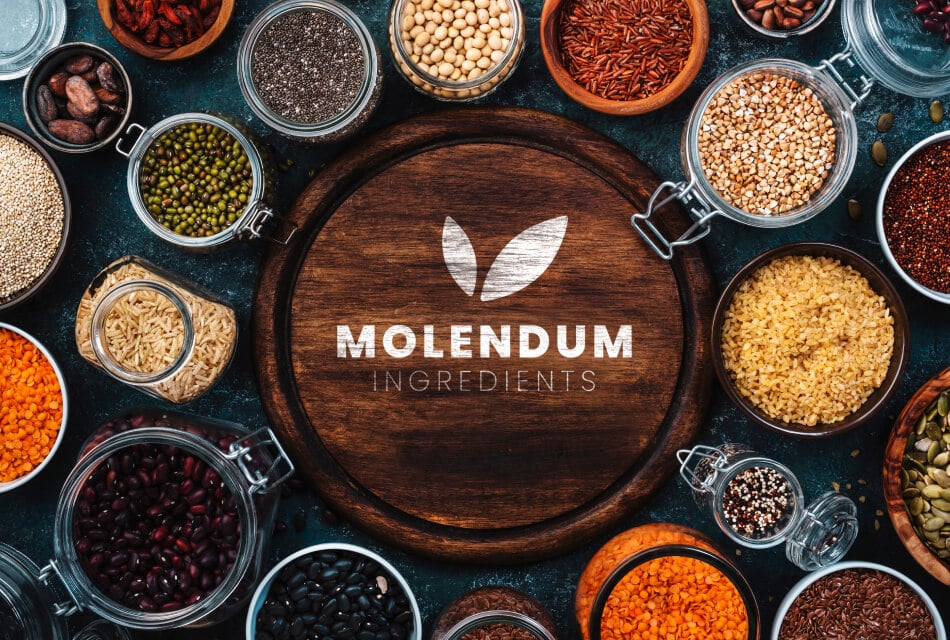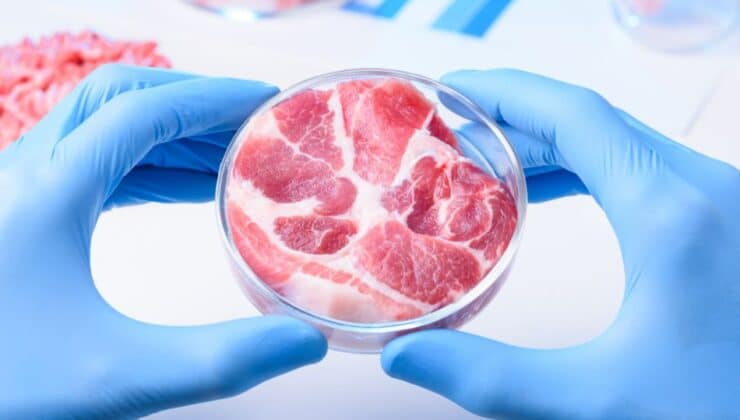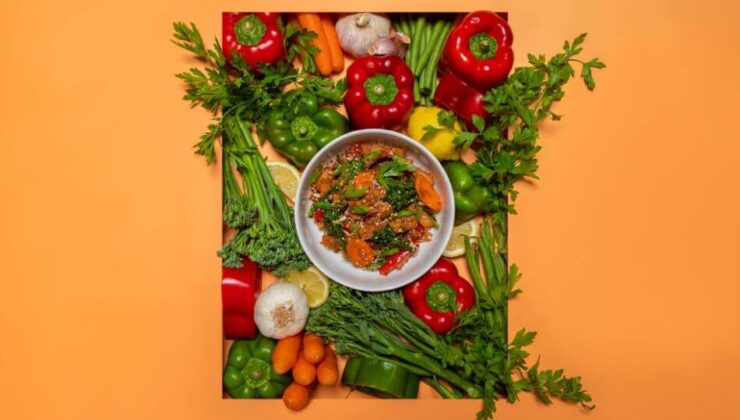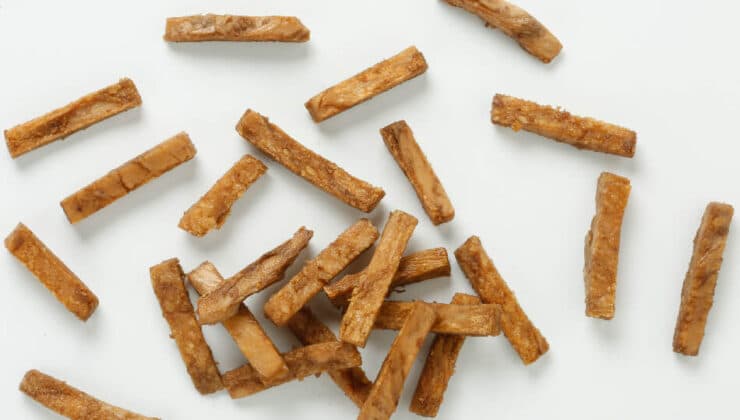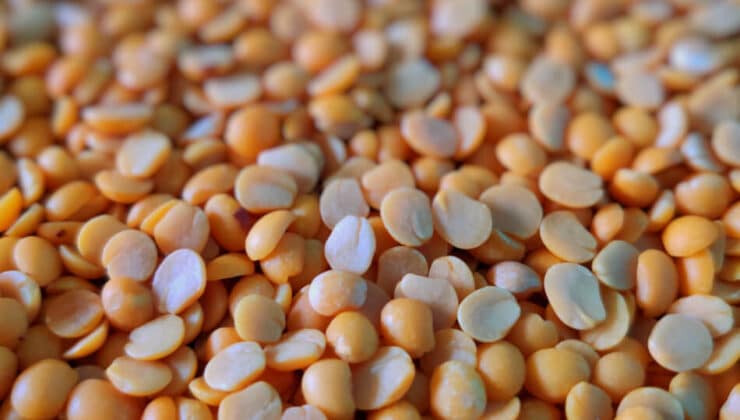Processed foods are those that have altered their composition and presentation, through industrial processes, with the aim of delaying their expiration date and increasing their organoleptic potential to make the product more attractive.
And their consumption has exploded.
The growth in demand is especially critical in the plant-based products sector, given the rise of vegan and vegetarian diets, as well as flexible diets that seek to reduce meat consumption by replacing it with plant-based products.
After the boom in this type of products – vegetable protein has multiplied its sales by more than 4 times in 2021 and in Spain has grown by 48% in the last two years – the criteria has settled down and preferences have been consolidated.
It is no longer enough for products to be 100% plant-based.
Now, in addition to that, consumers are looking for quality, healthy nutrition and more natural flavors.
This is the second phase of the transformation of the diet, of the gradual decrease in the consumption of animal protein replaced by quality vegetal protein.
There is no longer any possibility of returning to the products that triumphed years ago, at the beginning of the green revolution in food, when consumers, in the face of ignorance and scarce supply, bought products without considering other aspects than the absence of animal protein in the labeling.
Today, the level of consumer demand has changed. So has the food industry, which has realized that in order to produce processed plant-based products, offering quality, safety and healthy nutrition to consumers, it is necessary to start with quality raw materials.
Molendum Ingredients, a subsidiary of Dacsa Group, is the forerunner of a new generation of the best vegetable alternatives for the production of processed foods, such as its exclusive vegetable pea protein, Pésol Pea, and its pulse flours.
Both options are far removed from soy, the star ingredient of the first vegetable alternatives for processed foods back in the last decades of the last century, when only the most experienced were beginning to realize the substantial food change that was coming to the industry and which is now perfectly consolidated in the daily diet of millions of people.
Why has Molendum Ingredients chosen to develop its line of research in a direction where soy is hardly present anymore?
The answer is simple: because it has found better vegetable alternatives for processed foods, superior quality raw materials that are better adapted to the demanding market requests for vegetable protein.
Pésol Pea, obtained from the texturization of pea protein by wet processing, subjected to a final freezing process and available in different cuts.
Pésol Pea, obtained from the wet texturization of pea protein, subjected to a final freezing process and available in different types of cuts, as well as the different legume flours, obtained without chemical treatments, such as Castilian and red lentil flour, chickpea flour, green pea flour, or red, white and pinto bean flours. All of them are flours in which, in addition, the R&D team of Molendum Ingredients has managed to inactivate the enzyme lipase, responsible for the rancidity when the grain is milled.
Soy had its moment and more than fulfilled its mission, opening the door to a new concept of healthy diet, to Caesar what is Caesar’s. But now, a qualitative leap has been imposed in the development of processed foods.
New and better alternatives are available for the food industry, specifically for companies that want to continue to be part of it, accompanying a way of eating that is more demanding in terms of quality, healthier and more sustainable for our planet.
